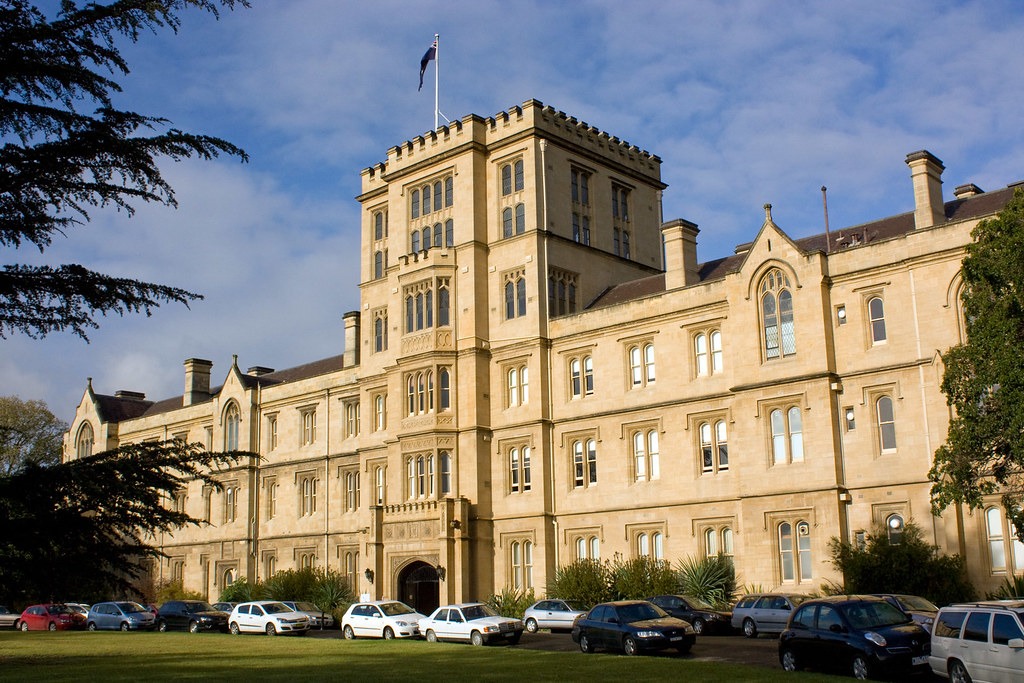Australia to cap international student numbers in a bid to tackle increasing migration
Australia is set to introduce a cap on the number of international students it will accept to its universities, as the country aims to tackle increasing levels of migration.
Under the Australian government’s plans, university and higher education enrolments will be limited to 270,000 international students from next year.
The proposals have been defended by Education Minister Jason Clare, who argued that the reforms will make education in Australia “better and fairer, and set it up on a more sustainable footing going forward”.
The Australian government has previously criticised education providers for ‘unethical’ practices, such as enrolling individuals with insufficient language skills
The decision, however, has sparked significant backlash from universities and politicians, with Vicki Thomson, Chief Executive of the Group of Eight (a group representing Australia’s most research-intensive universities), describing the policy as “economic vandalism”.
Adam Bandt, leader of the Australian Greens, also criticised the proposals which he branded “a migration policy disguised as an educational reform”.
The Australian government has previously criticised education providers for ‘unethical’ practices, such as enrolling individuals with insufficient language skills, and offering substandard education.
In 2023, the number of student visas granted surged to 261,000 – more than double the figure from 2022
Education is currently Australia’s second-largest export, with the country currently hosting about 717,500 international students – the second-highest share of international students globally.
Critics have warned that the cap will negatively impact the business and tourism sectors, both of which benefit from the presence of international students.
The international student population in Australia has seen significant fluctuations in recent years. During the pandemic, many international students were sent back to their home countries. However, in 2023, the number of student visas granted surged to 261,000 – more than double the figure from 2022.
Immediately after [the pandemic], when they felt that they cannot handle it financially, economically, they immediately want to put a cap
Ananya Banerjee, international student at Australian National University
Ananya Banerjee, an international student at the Australian National University, expressed concerns that international students were being ‘used’ to address Australia’s economic challenges.
She said: “Just after the pandemic, when all the universities in Australia had incurred lots of losses, they immediately invited more international students. Immediately after, when they felt that they cannot handle it financially, economically, they immediately want to put a cap.”
These concerns have been echoed by those in the education sector. Dr Lachlan Clohsey, ACT Division Secretary for the National Tertiary Education Union, claimed that university staff are “sick of being punching bags”, with jobs in the education sector often first to be axed during times of financial difficulty.
Australia is not alone in tightening restrictions on international students. Canada, which saw a 60% increase in international student numbers after the pandemic, has introduced a cap on study permits, reducing international intake by 35% in 2024. Meanwhile, in the UK, the Government, under Sunak’s Conservative rule, announced plans to bar international students from bringing their dependents to the country with them.

Comments